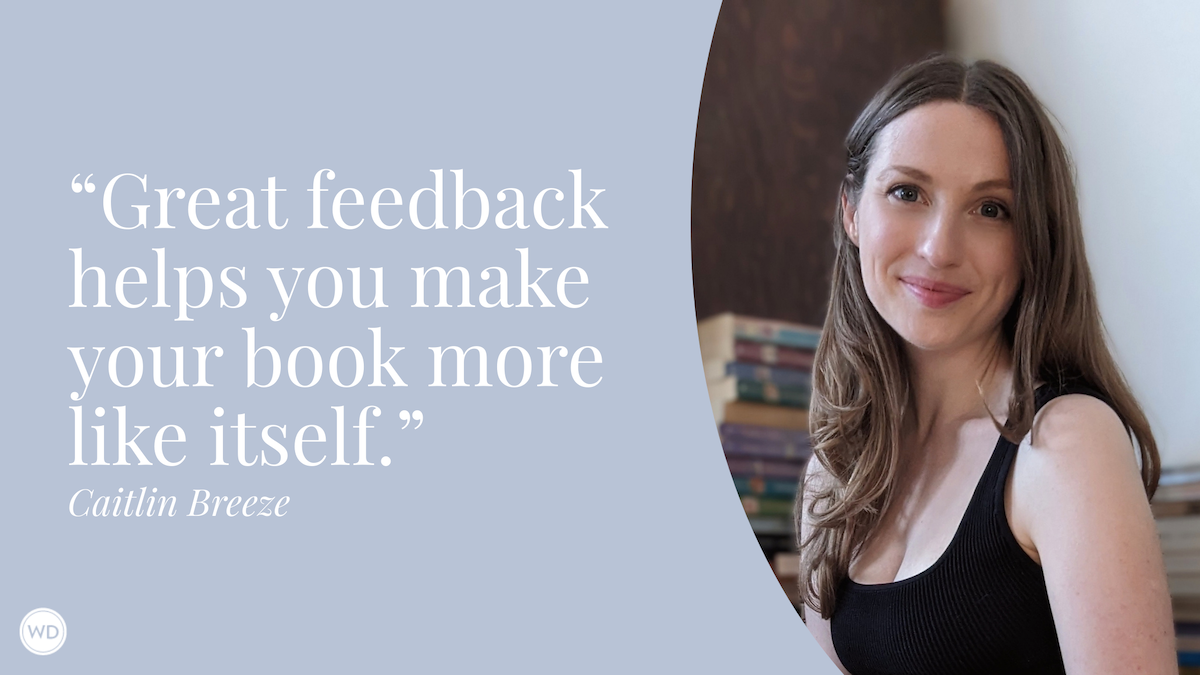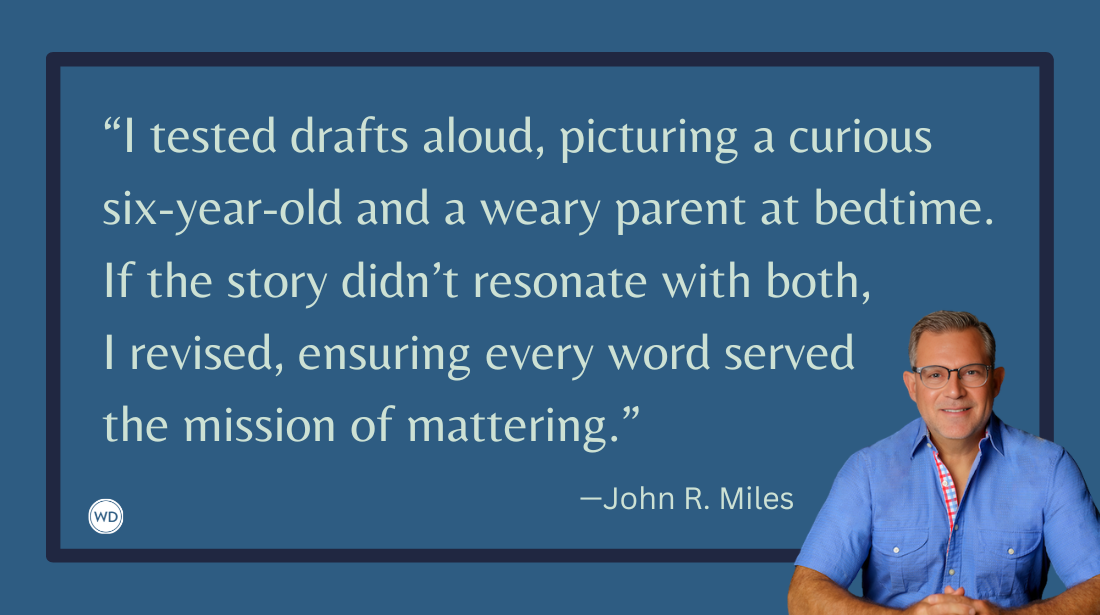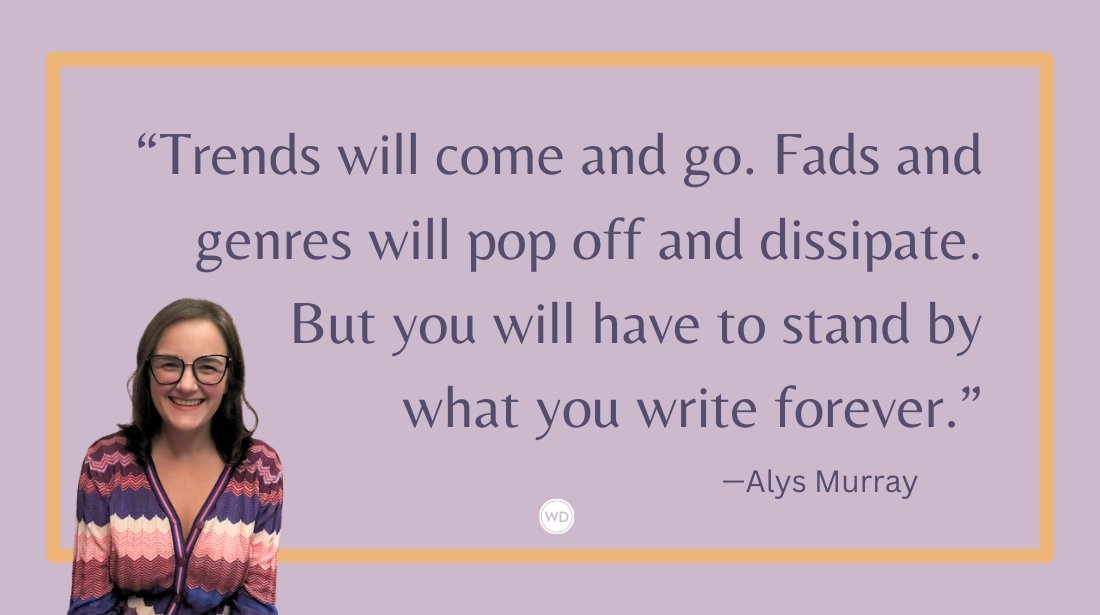And Now, I Know: Learning to Take Up Space as a Writer
Author Monica Macansantos shares how an interaction with an award-winning author helped give her the confidence to take up space as a writer.
“What do you mean, you don’t know?” the Booker Prize winner said, pausing in his signing to give me a curious look.
I was embarrassed by the attention he was giving me, perhaps because I felt I didn’t deserve it: I was another MFA graduate with no book out yet, and whose manuscript, a short story collection, had failed to sell after my agent shopped it around. The feedback I had received from Big 5 editors in New York only served to deepen the self-doubt that had always hidden itself within the recesses of my heart.
My writing was weak, almost all of them had said. One of them complained that my writing, despite its being set in the Philippines, did not transport her to a different place “with different tastes and scents,” as if my job as a writer were to take her on a vacation to an exotic land that even I would have trouble recognizing. Perhaps the stories I wanted to write, about ordinary Filipinos who existed in their own worlds without performing their culture for the western gaze, simply weren’t meant to be published widely, if nobody cared for these lives that didn’t offer themselves up as tourist attractions to be consumed, then forgotten.
“I’ve finished a short story collection, and that didn’t sell, so I don’t know,” I said, stammering out my response to the author who had my copy of his book opened to the title page. He continued to look up at me, his eyes softening.
Despite feeling dejected over my failure to land a publishing contract, I had still come to the Auckland Writer’s Festival in New Zealand, a country where I was pursuing a PhD in Creative Writing, because my love for the written word was too difficult to extinguish. I loved writing, and I loved listening to authors talk about their interests and obsessions. Despite what editors had said about my work, the urge I felt to tell my stories was impossible for me to suppress, and it was by surrounding myself with books and authors that I felt this urge validated, despite my own doubts about my literary career.
Perhaps there were other reasons why the Booker Prize-winner had taken interest in my work: He had learned during the course of our conversation that I had worked with one of his author friends at the MFA program I had graduated from, which was one of the most prestigious MFA programs in the United States, and that a doctoral scholarship had lured me to New Zealand, where I was working on a novel while hoping that my story collection would catapult me out of the small indignities of obscurity.
At dinner the previous evening, my poet friend’s husband had called me “one of the wannabes” when I admitted that I had yet to put out a book, and I carried this insult with me like a sliver that had embedded itself deep into my skin. But I was beginning to realize how silly I was, now that the Booker Prize-winner was looking me in the eye, as though to ask me, why are you taking other people’s opinions so seriously? I had made some unconventional, perhaps even difficult decisions to support my own writing, and yet I remained uncertain about my claim to the writing life, just because certain people had made me think that I had no real claim to it.
“But do you still write?” he then asked me, before letting his book rest on the signing table. The people in line behind me were beginning to fidget: or perhaps I was simply imagining their impatience, ashamed of the way I was taking space in this line, taking up people’s time just because I didn’t know if I had the right to call myself a writer.
“I’m working on a novel right now,” I said, wanting to cry the more I spoke. “But it’s so hard.”
“And that’s what makes you a writer,” the author said, with a kind smile. “So why do you say, you don’t know?”
The author I was talking to was of course, Paul Beatty: and to me he was the Booker Prize-winning author of The Sellout, not the writer whom, as I was to discover later, had received nearly 20 rejections for the same novel before a publisher had taken it on.
“Okay, I guess I am,” I said, before he gave me another smile. He turned to the first page of his book, where he wrote something that seemed emphatic and meant for me.
“It’s tough out there, I know,” he said, before signing off his book with a flourish. “But is there a way for me to find your work?”
When I mentioned the names of the literary journals that had published my stories, his eyes widened with recognition before he said, “Just keep going, keep publishing. You’re in a good place.”
Before I knew it, he was offering to connect me with his friend who edited a prestigious literary journal, and I gave my email to his representative before leaving the signing table, not knowing that Paul Beatty would indeed reach out a day later to connect me with his friend, who would then ask me for new work.
On the plane back to Wellington, I opened my copy of The Sellout and saw what he had written on the title page. “‘I don’t know’” Don’t stop! Keep the faith,” he had written, in large, powerful strokes. Why did this Booker Prize winner care so much about me, “one of the wannabes” as my friend’s husband put it, and my desire to keep going? As I read the opening chapter of The Sellout on the plane, I began to understand why he had taken the time to talk me into keeping the faith. To tell the story he had wanted to tell about America’s hypocrisy over its racist legacy, he had to have faith in his words, even when editors perhaps couldn’t understand his jokes, and couldn’t see the racism and hypocrisy unveiled by his biting sense of humor. If he had simply cut his losses when rejections came rolling in, perhaps this would have given the publishing industry license, as always, to play it safe, instead of being forced to accommodate this uncomfortable yet vital novel in a larger conversation that is oftentimes theirs to dictate.
His editor friend didn’t publish my story, but my conversation with Paul Beatty stayed with me for years. When the story was picked up by another prestigious literary journal, I felt that I was being rewarded for an inner strength that had enabled me to fight for my work long enough for it to receive the recognition it deserved.
Years later, the book I had told him about, which failed to secure a publishing deal after one round of submissions with the Big 5, was published by a small press in Australia. Little did I know that this book would help me win a year-long writing fellowship with the Black Mountain Institute in Las Vegas, where I have been given the time, space, and support to produce new work while deepening my engagement with the literary community.
My second book, a collection of essays I wrote in the aftermath of my father’s sudden passing (an event that could have paralyzed me creatively, but didn’t), will be released in May from Northwestern University Press, and my fellowship’s hosts have organized a launch for me. These opportunities would not have come my way if I hadn’t had the tenacity to hold onto my place in the literary community, even when others questioned my right to take up the space that I do.
When I think about my conversation with Paul Beatty all those years ago, I can see how the faith he showed in me, a young writer he had just met, was also a faith he had in the power of his own words to help carve out space for my inconvenient and unwieldy stories. The generosity we share with our fellow writers as we make space for their uniqueness reflects the faith we have in our own stories as they find strength and enrichment from the unique perspectives of others. My hope is that I am also given the opportunity to pay Paul Beatty’s gift forward, by supporting other writers whose voices and perspectives contain enough risk to surprise us, to shock us into seeing the world in different ways.
Check out Monica Macansantos' Returning to My Father's Kitchen here:
(WD uses affiliate links)








